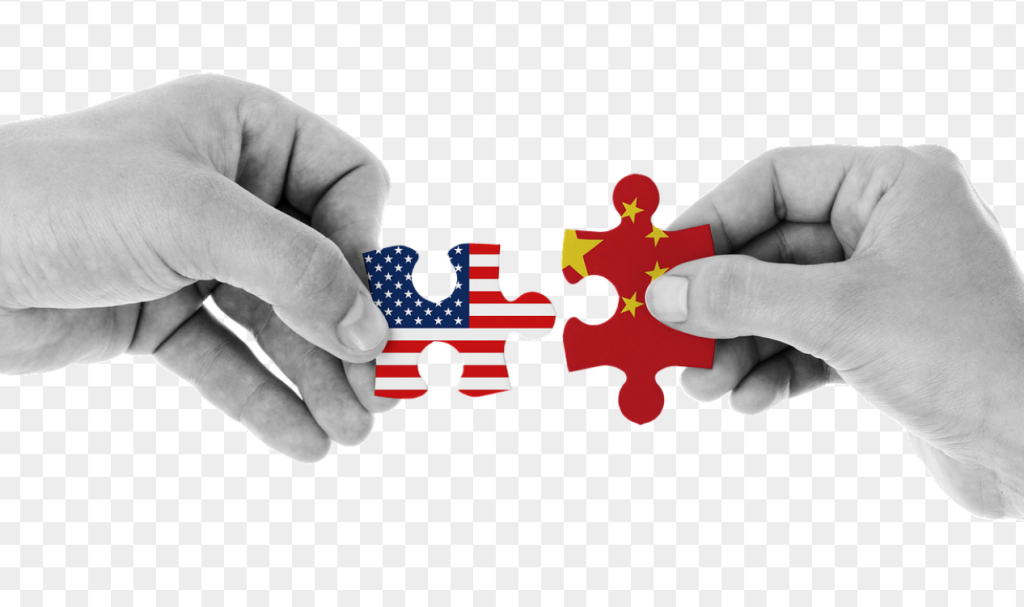In a significant move aimed at safeguarding national security, U.S. President Joe Biden signed an executive order on Wednesday imposing restrictions on American investments in mainland China, Hong Kong, and Macao. The order, which targets high-tech sectors including artificial intelligence (AI), semiconductors, and quantum technology, has drawn criticism from China.
Under the executive order, U.S. individuals and entities are barred from engaging in “certain transactions” within the semiconductors and microelectronics, quantum information technologies, and AI sectors. The Treasury Department must be notified of such transactions. President Biden also declared a national emergency in response to the rapid technological advancements of “countries of concern,” which pose potential threats to U.S. national security.

The executive order permits the U.S. Treasury secretary to impose restrictions or outright prohibit American investments in Chinese entities operating in semiconductors and microelectronics, quantum information technologies, and specific artificial intelligence systems. This move reflects growing concerns about the strategic implications of sensitive technology transfer to potentially adversarial nations.
The primary objective of the order is to prevent American capital and expertise from inadvertently bolstering China’s military capabilities and undermining U.S. national security. Private equity, venture capital, joint ventures, and greenfield investments are all targeted under this measure.
China responded swiftly, expressing “grave concern” about the executive order and asserting its right to take countermeasures. The Chinese Commerce Ministry stated that the order disrupts normal business operations and decision-making processes of enterprises, thereby affecting the international economic and trade order.
While China has criticized the order, citing its negative impact on international economic cooperation, proponents argue that the action is necessary to prevent the unauthorized acquisition of critical technologies that could compromise U.S. security interests.
The signing of this executive order fulfills a long-awaited measure to address the challenges posed by the rapid development of high-tech sectors in countries deemed potential adversaries. It underscores the Biden administration’s commitment to safeguarding national security while navigating complex global technological dynamics.
The Treasury Department, in collaboration with other agencies including the Commerce Department, will oversee the implementation of the order. Public feedback is being sought to ensure a well-informed execution.
The Treasury Department clarified that the order aims to protect national security while upholding the U.S.’s commitment to open investment. Certain transactions, such as those involving publicly traded instruments and intra-company transfers from U.S. parents to subsidiaries, may be exempted.
This executive order represents a pivotal step in reshaping the U.S. approach to international technology investments and signals the administration’s determination to maintain its technological edge in strategic sectors.
Related:
- Biden to Sign Executive Order Restricting US Tech Investments in China’s Key Sectors
- Qualcomm Faces Stock Slide Amid AI Prospects and Semiconductor Earnings Report
- Foxconn pulls out from joint venture with Vedanta in India for a semiconductor factory
(via)







